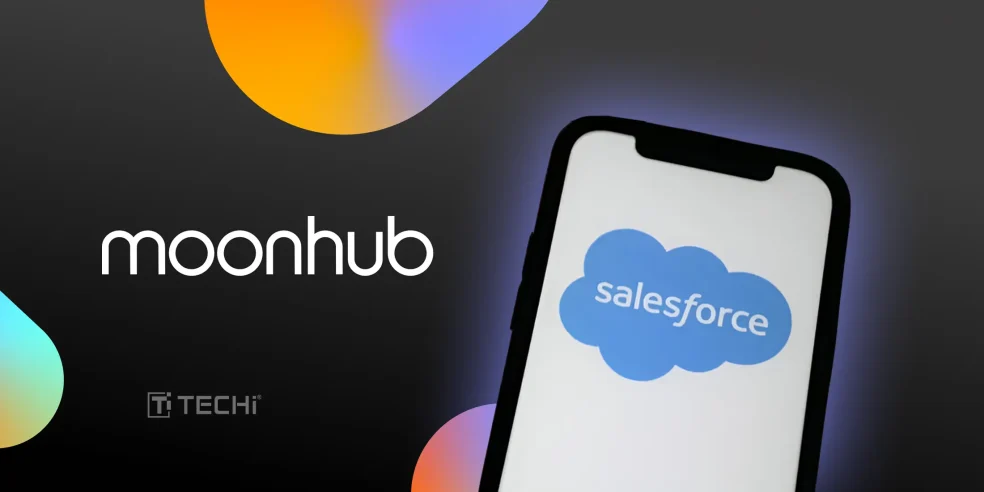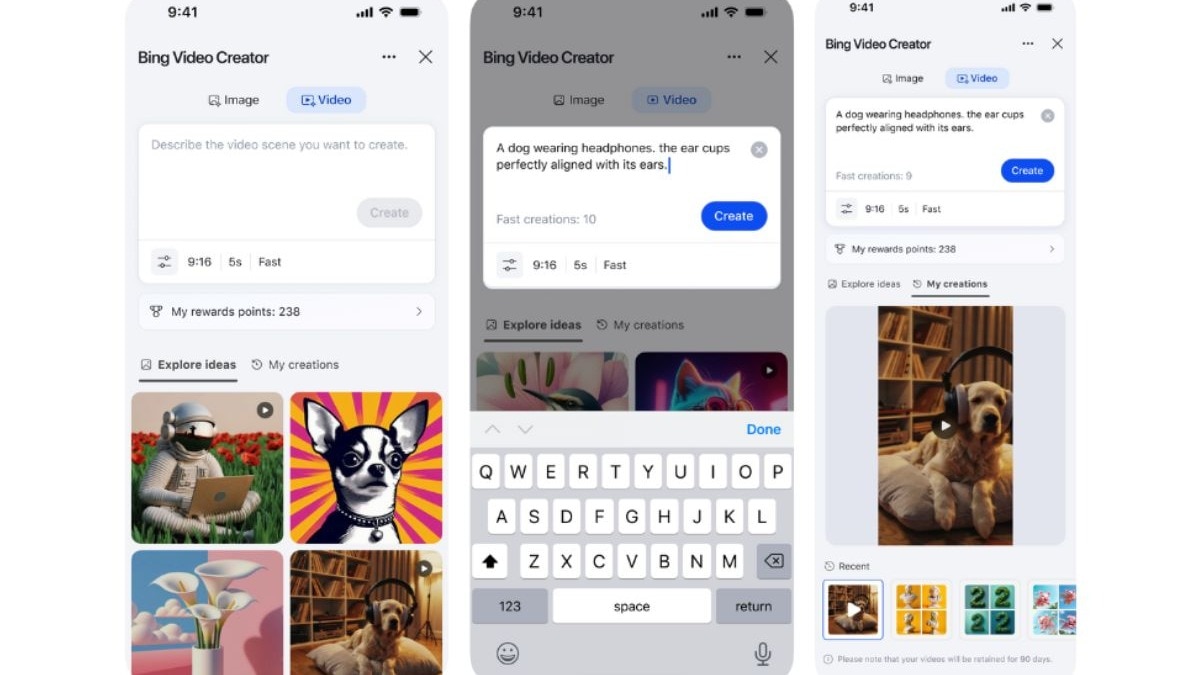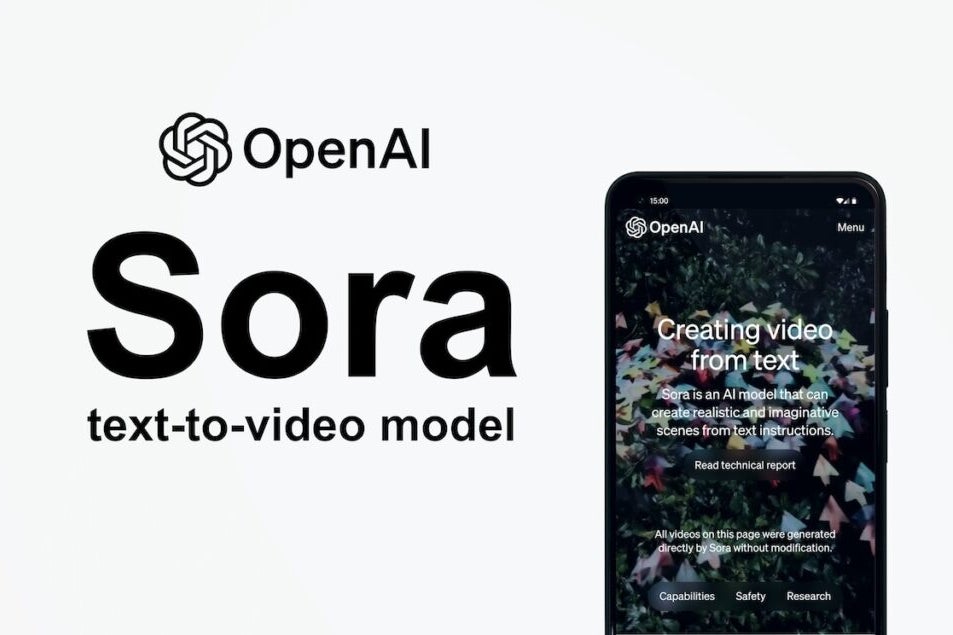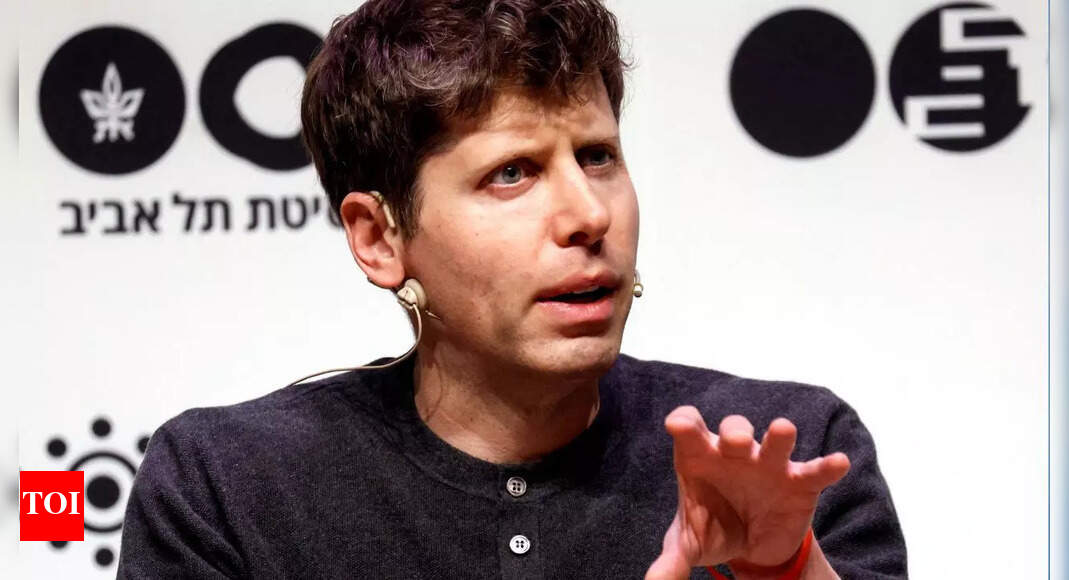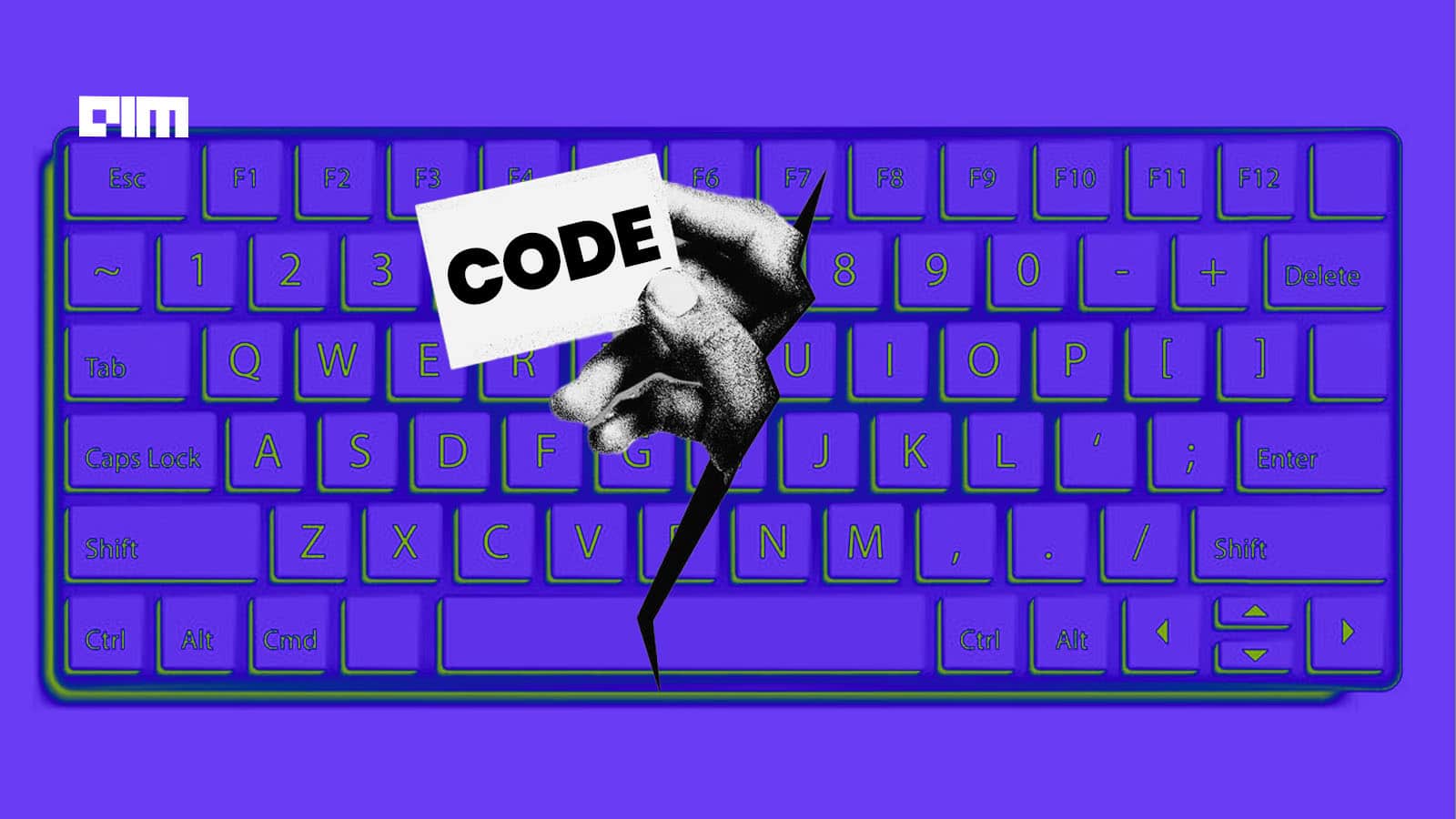A recent UK government study revealed that 20,000 civil servants using Microsoft Copilot experienced significant productivity gains and time savings, averaging 19 to 24 minutes per day, which translates to nearly two weeks of work saved annually per person. Conducted from September to December 2024, the study assessed the impact of Copilot across various tasks such as document drafting, meeting notes, and internal information searches. The findings suggest these efficiencies allowed employees to focus on more valuable work rather than administrative tasks, representing the equivalent of a full year of productivity for 1,130 workers. Technology Secretary Peter Kyle emphasized that AI is not just a future tool but a current reality enhancing public service efficiency. Microsoft UK’s CEO Darren Hardman highlighted the potential for AI to transform public services, unlocking new levels of growth, innovation, and improved support delivery. This deployment marks the largest use of Copilot in the UK government to date.
Source link
Unlocking Time Savings: How AI Tools Like Microsoft Copilot Can Help UK Civil Servants Save Weeks Each Year
Big Tech’s AI Promises for Developers: From Productivity Boosts to Obsolescence
The rise of generative AI has transformed coding tools into essential assets for developers, significantly increasing productivity and reducing workloads. Many developers have embraced these tools, citing considerable time savings and enhanced code quality. However, despite initial optimism, the rapid integration of AI has led to job insecurity within the industry. Major companies like Microsoft and Google report that a substantial portion of their code is now AI-generated, resulting in layoffs, particularly among software engineers. This shift suggests a decline in traditional software engineering roles, as AI takes over tasks previously performed by humans. Industry leaders have hinted at the potential for further automation, prompting calls for developers to adapt by upskilling. Nonetheless, with up to 80% of the workforce needing to adjust their skills by 2027, the outlook seems daunting for many, highlighting an urgent need for strategic adaptation in a rapidly evolving landscape.
Source link
Big Four Firms Embrace AI Assurance Tools to Address Client Concerns
The Big Four accountancy firms—Deloitte, EY, and PwC—are developing a new AI audit system to create a revenue stream and meet increasing client demands for assurance on AI effectiveness. This initiative aims to enhance consumer trust and industry investment in AI products. Deloitte’s Richard Tedder emphasized that assurance over AI is crucial for its widespread adoption. PwC UK is preparing to launch its AI assurance services soon, while EY UK is still in development. The economic potential of AI for the UK is projected at £200 billion, with small and medium enterprises (SMEs) poised to contribute significantly. Despite the optimism, many businesses feel pressured to invest, and a significant portion lacks a clear AI strategy. Trust in AI remains low, with only 42% of the public showing confidence in it, and many have not received formal training. London aims to position itself as a global hub for AI innovation and investment.
Source link
Salesforce Enhances AI-Driven Hiring Solutions with Moonhub Acquisition
Salesforce has acquired Moonhub, a startup specializing in AI-driven recruitment tools, although financial details remain undisclosed. Moonhub’s entire team from Menlo Park, California, will transition to Salesforce, with CEO Nancy Xu highlighting their shared values and the potential for innovation through AI collaboration. Established in 2022, Moonhub provides an end-to-end hiring solution, streamlining processes from applicant tracking to payroll, and has gained traction among Fortune 500 clients. This acquisition aligns with Salesforce’s broader strategy to enhance its AI capabilities across various industries, following recent investments like Informatica and Convergence.ai. As AI tools become ubiquitous—adopted by 93% of Fortune 500 HR leaders—the deal underscores the shifting landscape of recruitment. While it promises faster and more efficient hiring processes, it also raises concerns about transparency and fairness in AI-driven evaluations for job seekers. Overall, Salesforce aims to lead in the evolving domain of automated HR functions.
Source link
Bing Unveils Free AI Video Tool for All, Powered by OpenAI’s Sora for Clip Generation
Microsoft has launched the Bing Video Creator, an AI tool that allows users to create short videos by simply describing their desired content. Similar to the Bing Image Creator, this tool leverages OpenAI’s Sora model to generate five-second clips from text prompts. Currently available for free through the Bing mobile app, desktop access will follow soon. Users can initiate video creation by entering prompts, and including detailed descriptions enhances output quality. The tool supports vertical video format (9:16) with plans for horizontal format (16:9) in development. Users can generate three videos at a time, receiving notifications when each is completed. Videos are stored for 90 days for easy access and sharing. Furthermore, Microsoft emphasizes safety measures, incorporating protections against risky prompts and marking videos as AI-generated to ensure transparency and accountability. The user-friendly design aims to simplify video creation without the need for complex editing software.
Source link
NHSE Issues Warning: AI Translation Apps May Compromise Patient Safety
NHS England has expressed concerns about the use of AI translation apps in healthcare, which may pose risks to patient safety due to accuracy issues. A framework published on May 27, 2025, highlights the challenge faced by one million people in the UK who struggle with English, stressing the digital exclusion that limits their access to NHS services. While AI tools offer convenient translations, NHSE advocates for a national policy on their ethical use, ensuring clinical safety and accuracy. The framework also calls for standardized documentation of patient language needs in electronic records. Jess O’Dwyer from Pocketalk emphasizes the need for a combination of human and digital solutions, citing that many frontline workers resort to unapproved tools out of necessity. She argues for embracing AI in healthcare to enhance access and efficiency. Overall, the framework underscores the importance of developing digital solutions with input from those with lived experience to minimize inequities.
Source link
AI Transformation Hindered by Outdated Apps and Inefficient Data Management – Blocks and Files
Aging data infrastructure is significantly increasing the technical debt for companies, hindering their ability to adopt AI technologies. Research by Pegasystems suggests that two-thirds of organizations face challenges with legacy systems, which stifle innovation and competitive agility. Many companies rely on outdated applications—some over 50 years old—resulting in data being trapped and inaccessible within these systems. CTO Don Schuerman highlighted that legacy systems complicate data management and automation efforts, creating barriers to AI implementation. Companies struggle to balance improving front-end digital experiences while maintaining outdated back-end systems, often leading to trade-offs between agility and stability. Pegasystems proposes its live data integration solution to streamline data processes. The recent PegaWorld conference showcased their new Pega Agentic Process Fabric, designed to coordinate AI agents and data systems effectively, supporting standards that enhance developer capabilities in the Pega Infinity platform, thus aiming to reduce the gap in successful AI project deployments.
Source link
OpenAI’s Sam Altman: AI Poised to Uncover New Knowledge—‘I’d bet on it happening next year…’
OpenAI CEO Sam Altman has stated that AI is evolving from a tool to a team member, capable of assisting with complex knowledge discovery and problem-solving tasks rather than just simple functions. During the Snowflake Summit 2025, he highlighted that people are increasingly utilizing AI agents, like ChatGPT, similarly to junior employees, delegating tasks and providing feedback. Altman predicted that by 2026, AI agents could begin to help uncover new insights and tackle complex business challenges. In related news, Ilya Sutskever, OpenAI co-founder, suggested the need for a “doomsday bunker” before releasing artificial general intelligence (AGI). This proposal, raised in a 2023 team meeting, was intended as a precautionary measure, implying significant internal concern regarding AI advancements. These revelations are part of Karen Hao’s upcoming book, “Empire of AI,” which chronicles internal events at OpenAI, including a dramatic board coup that briefly removed Altman from his position.
Source link
Are Developers Relying on AI Tools to Misrepresent Their Skills on GitHub?
GitHub, traditionally a portfolio for developers showcasing coding skills, faces disruption from AI tools like Cursor, which allow users to create entire profiles with code without actual programming knowledge. Users can generate repositories and commits through natural language prompts, potentially misleading employers about their skills. A recent test confirmed that a GitHub portfolio could be built without writing code, raising concerns over authenticity in developer contributions. While tools like Cursor democratize coding, professionals emphasize the importance of genuine coding abilities in hiring, as AI can artificially inflate a candidate’s portfolio. The rapid rise of AI-generated activity complicates the hiring landscape, as traditional indicators of skills become less reliable. Experts warn that while generative IDEs enhance productivity, they threaten to undermine the true value of programming expertise, especially in sectors reliant on service models. As AI usage expands, the distinction between real coding ability and AI-assisted simulation blurs, posing risks for talent assessment in tech fields.
Source link



